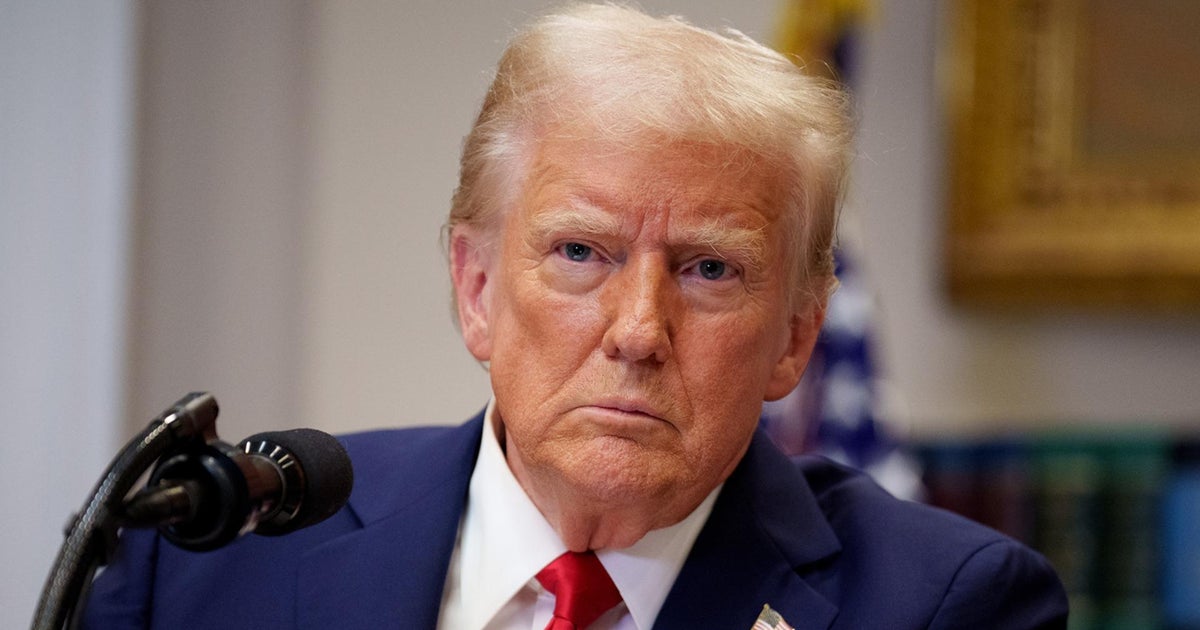Jerusalem: The Israel Defense Forces (IDF) on Tuesday announced the killing of Suhail Hussein Husseini, commander of the Lebanese militant organisation Hezbollah headquarters.
According to a statement issued by the IDF, the Israeli Air Forces conducted a “precise, intelligence-based strike in the area of Beirut” that killed Husseini.
The headquarters oversees logistics within Hezbollah and is in charge of budgeting and management of the various units in the organisation, Xinhua news agency reported.
Husseini played a crucial role in weapon transfers between Iran and Hezbollah and was responsible for distributing advanced weaponry among Hezbollah’s units, overseeing both the transportation and allocation of these arms. He was also a member of the Jihad Council, Hezbollah’s senior military leadership council, said the statement.
It also noted the headquarters includes Hezbollah’s Research and Development Unit, which is responsible for manufacturing precision-guided missiles and managing the storage and transportation of weapons in Lebanon.
In his role, Husseini was responsible for the budgeting and logistical management of Hezbollah’s most sensitive projects, including the organisation’s war plans and other special operations, such as coordinating attacks against Israel from Lebanon and Syria, the statement added.
Hezbollah declined to comment immediately on the strike, however, it claimed responsibility for rocket fire that hit a military base overnight near the headquarters of Israel’s foreign intelligence agency, Mossad, according to local media.
The attacks come after Israeli forces have been repeatedly targeting Lebanon, killing several high-ranking commanders — including the group’s leader, Hassan Nasrallah.
Hezbollah has insisted that they have already replaced their slain commanders and vowed to keep fighting against Israel until a cease-fire in Gaza has been achieved.
Last week, Israel launched what it says is a limited ground incursion into southern Lebanon in what officials fear is an escalation of the war which has dragged on between Israel and Hezbollah’s ally, Hamas, for one year.
On the day of the first anniversary of October 7, the date which sparked the war between Israel and Hamas, Palestinian militants fired a barrage of rockets into Israel.
The war began after Hamas-led militants launched a terror attack in Israel, killing nearly 1,200 people and abducting another 250.
Israel has retaliated by vowing to destroy Hamas in the Gaza Strip, killing around 42,000 people, according to local officials, and displacing around 90 per cent of its population in its process.
The conflict has spread in the region, with Israel now attacking Hezbollah in Lebanon and contending with Iran — who launched a barrage of missiles across Israel last week.
A ceasefire deal which has been backed by the US has repeatedly faltered, with both Israeli Prime Minister Benjamin Netanyahu refusing the back down in Gaza and Hamas insisting on the end of hostilities.
“As long as our hostages are in Gaza, we will continue to fight. We will not give up on any of them. I won’t give up,” Netanyahu said in a recorded message late Monday in a government memorial service marking the October 7 attacks.






